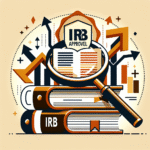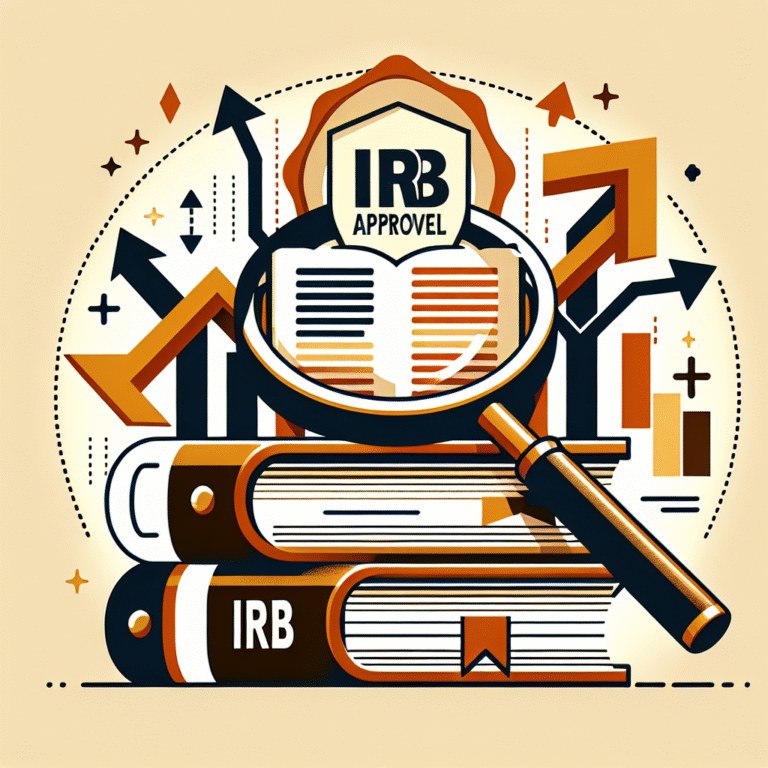
Introduction: The Key to Understanding Human Behavior
Imagine having a powerful tool that can unlock the intricacies of the human mind—offering insights into thoughts, behaviors, and motivations. Welcome to the world of psychometrics: the science of measuring mental capacities and processes. Unlocking the Mind: The Power and Potential of Psychometrics provides not just the keys to understanding ourselves better, but also enables organizations to refine hiring practices, enhance educational programs, and improve personal development.
In an era where data is paramount, understanding psychometrics has become essential. From improving workplace dynamics to enhancing educational outcomes, the potential applications of psychometric assessments are vast and evolving. This article delves deep into the various facets of psychometrics, showcasing its power while shedding light on real-world applications that demonstrate its profound impact.
The Foundation of Psychometrics: What Is It and Why It Matters
Defining Psychometrics
Psychometrics can be defined as the field concerned with the theory and technique of psychological measurement. This encompasses the measurement of knowledge, abilities, attitudes, personality traits, and educational achievement.
A point of emphasis in the discussion around Unlocking the Mind: The Power and Potential of Psychometrics is how it not only measures individual capabilities but also offers a window into complex human behaviors. This can lead to healthier relationships at work and more personalized learning experiences.
Historical Background
Psychometrics has evolved significantly since its inception. From early intelligence tests, such as the Stanford-Binet IQ test, to contemporary tools such as the Myers-Briggs Type Indicator and the Big Five Personality Test, the field has expanded its methodologies and applications drastically.
Understanding the historical context provides a solid foundation for recognizing how psychometrics has evolved and its potential for the future.
Why It Matters
In today’s fast-paced world, psychological insights are crucial for a variety of fields. Whether in corporate settings, educational institutions, or personal development, psychometric assessments facilitate informed decision-making and enhance understanding.
Types of Psychometric Tests: Tools for Insight
Personality Assessments
Personality assessments, like the Myers-Briggs Type Indicator (MBTI) and the Five Factor Model (Big Five), help individuals understand their personality traits and how these traits influence their behavior and interactions.
Case Study: Google’s Use of Personality Assessments
Google has famously used psychometric tools to evaluate potential hires, ensuring that they align with the company culture and values. By assessing candidates’ personality types, Google has been able to form highly effective teams that thrive on collaboration and innovation.
Cognitive Ability Tests
Cognitive ability tests evaluate a combination of reasoning, memory, problem-solving skills, and comprehension. These tests predict future job performance effectively across various industries.
Case Study: The Military’s Cognitive Testing
The United States Army employs cognitive assessments to identify the best recruits for specific roles, ensuring both efficiency and effectiveness in their operations. This application of psychometrics illustrates its power in high-stakes environments.
Skills Assessments
Skills assessments measure specific abilities relevant to a certain job or task. For instance, coding challenges are commonly used to assess software developers.
Case Study: LinkedIn’s Technical Assessment
LinkedIn has incorporated skills assessments in its hiring process, allowing potential employers to gauge a candidate’s competencies based on actual test results, rather than solely relying on resumes. This data-driven approach exemplifies Unlocking the Mind: The Power and Potential of Psychometrics in talent acquisition.
Emotional Intelligence (EI) Tests
Emotional intelligence assessments focus on an individual’s capacity to navigate social complexities and manage emotions in themselves and others.
Case Study: Leadership Development Programs in Corporations
Companies like IBM utilize EI tests to cultivate leadership among mid-level professionals. By identifying strengths and weaknesses in emotional intelligence, organizations can design tailored development programs that foster better leadership.
The Applications of Psychometrics: A Holistic Approach
In Education: Personalized Learning Experiences
Psychometrics holds tremendous potential in educational contexts. By utilizing assessments that analyze learning styles, educators can tailor teaching methods to suit individual student needs.
Case Study: Adaptive Learning Platforms
Companies like Khan Academy use psychometric data to create personalized learning pathways, allowing students to progress at their own pace based on their own strengths and weaknesses—ultimately enhancing learning outcomes.
In the Workplace: Employee Development and Satisfaction
Psychometric tools allow organizations to gain insights into employee behavior, facilitating better team dynamics and individual development.
Table: Benefits of Psychometrics in the Workplace
| Benefit | Description |
|---|---|
| Enhanced Hiring | Accurate predictions of job performance based on psychometric data. |
| Team Dynamics | Improved collaboration and understanding among team members. |
| Customized Training | Tailored training programs based on employee needs and capabilities. |
In Clinical Psychology: Understanding Mental Health
Psychometric assessments are critical in diagnosing and treating various mental health conditions. Scales like the Beck Depression Inventory help clinicians get a clearer picture of a patient’s difficulties.
Case Study: Using Psychometrics in Therapy
In therapy settings, practitioners employ psychometric methods to quantify progress, which can help in treatment planning and evaluating therapeutic effectiveness, emphasizing the potential of psychometrics in health-related fields.
Breaking Down Barriers: Accessibility and Ethical Considerations
Ensuring Accessibility
While psychometric tools offer immense potential, they must be designed and implemented with accessibility in mind. This ensures that diverse populations can equally benefit from these assessments.
Ethical Considerations
With great power comes responsibility, and psychometric assessments must be used ethically. There is a risk of misuse, particularly concerning employer practices. Transparency in how assessments are utilized is crucial to maintain trust.
Case Study: Ethical Use of Personality Tests by Employers
Companies like Unilever have adopted guidelines to ensure fair assessment practices and have experienced positive outcomes in terms of diversity and employee satisfaction.
The Future of Psychometrics: Innovations and Trends
Advances in Technology
The realm of psychometrics is rapidly evolving with technological advances. AI and machine learning are paving the way for more sophisticated assessments that can adapt in real-time, providing nuanced insights.
The Rise of Gamified Assessments
Gamification is standing out as a new approach in psychometric testing. Gamified assessments engage candidates in a way that traditional tests may not, collecting data on behavior in more dynamic scenarios.
Conclusion: Unlocking Your Potential with Psychometrics
In conclusion, Unlocking the Mind: The Power and Potential of Psychometrics is not merely an abstract concept but a transformative tool for understanding human behavior across various contexts. From personal growth to enhancing workplace productivity, the applications of psychometrics are diverse and impactful.
As you continue on your journey of self-discovery and professional development, consider how psychometric assessments can unlock insight into your behaviors and preferences. With proper implementation and ethical considerations, psychometric tools have the power to revolutionize the understanding of human interactions.
FAQs
1. What types of psychometric tests are commonly used?
Common types include personality assessments, cognitive ability tests, skills assessments, and emotional intelligence tests. Each type serves a unique purpose tailored to specific insights or requirements.
2. How can businesses benefit from psychometrics?
Businesses can use psychometrics for better hiring practices, employee satisfaction, team building, and leadership development by aligning individual attributes with organizational goals.
3. Are psychometric tests culturally biased?
While some tests may have cultural biases, many contemporary assessments are designed with cultural considerations in mind to reduce biases in results.
4. How can I prepare for a psychometric test?
Preparing for a psychometric test involves familiarizing yourself with the types of questions you may encounter and approaching the test with a calm and open mindset.
5. Are psychometric tests reliable?
When well-constructed and validated, psychometric tests can be very reliable measures. However, it’s essential to ensure they are appropriate for the context in which they are used.
With insights from this article, you’re now equipped to navigate the powerful world of psychometrics—unlocking new opportunities for growth, understanding, and success.
















